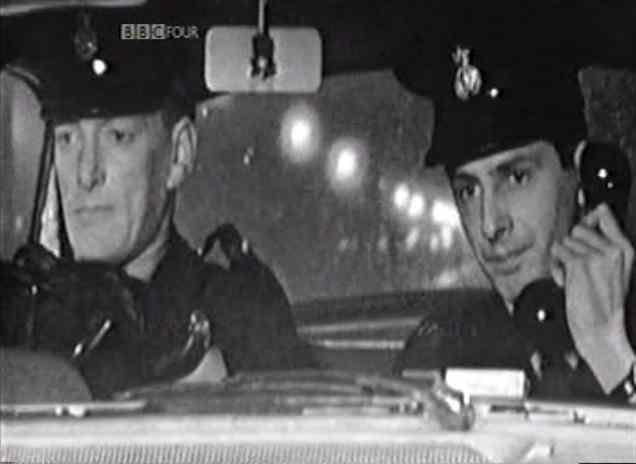Elementary (CBS 2012-). Arrow (CW 2012-). Game of Thrones (HBO 2011-). These recent American television programmes are all based (to varying degrees) on texts rooted in cult appeal, around particular fan communities, and with different claims to authenticity and fidelity with their core texts.

It wasn’t something I deliberately set out to do. It was a result of a combination of factors – a PhD to finish, lessons to plan, marking to do, the day-to-day demands of running a household. Life, in short, getting in the way of television. I’d seen the trailers, of course.

Confronted with the challenge of editing an article I had submitted a year ago, writing a paper for a conference for the week after next and starting work on my (now long overdue) book, it was with some horror that I realized I had put myself down to write a blog this week. What was I thinking?

Last Monday, Britain invented television… all over again. A load of people watched the same programme at the same time, at the moment of first broadcast. At one point, 9.27 million people, 34.64% of the TV audience, was watching the final denouement of the ITV peak-time drama Broadchurch . Over a third of the TV audience (8.72 million people) watched right through the episode. It broke the record for tweets during a TV drama.

In police drama, the protagonists’ surveillance and investigation of the fictional world, and their ability to enforce the law, depend on being able to move in and between places and spaces. A few years ago I wrote about ideas around seeing and knowing in relation to US police series, and working on the current AHRC-funded research project ‘Spaces of Television’ has got me thinking about space and movement in British police shows.

Guy Hibbert is no stranger to controversial drama. *No Child of Mine *– his rendering of an horrific real-life child abuse case brilliantly directed by Peter Kosminsky – was one of the most disturbing and moving British television productions of the 1990s. So I had high hopes for his recent Channel 4 one-off drama Complicit , which follows MI5 agent Edward Ekubo (David Oyelowo) in hot pursuit of a
I talked to a cab driver the day after Margaret Thatcher died. He was worried about congestion during her funeral the following Wednesday. Should he respect his birthday and take the day off, as planned, or cash in on the commemoration? The cabbie was three years old when Winston Churchill died in 1965, but he recollected that the funeral had been on a weekend, to minimize social disruption. He was right.

I have always been fascinated, perhaps even obsessed, with my eyes.

In 1986, in a now infamous *Saturday Night Live sketch, William Shatner told fans *at a *Star Trek *convention to ‘Get a Life!’.

I do not intend all my blogs to be about 3D, but two days at the excellent 3D Creative Summit, organised by Ravensbourne, has provided a number of useful ideas on which to ruminate.

Even before its first episode was transmitted in April last year, The Undateables (Channel 4, 2012- ) polarised opinion.